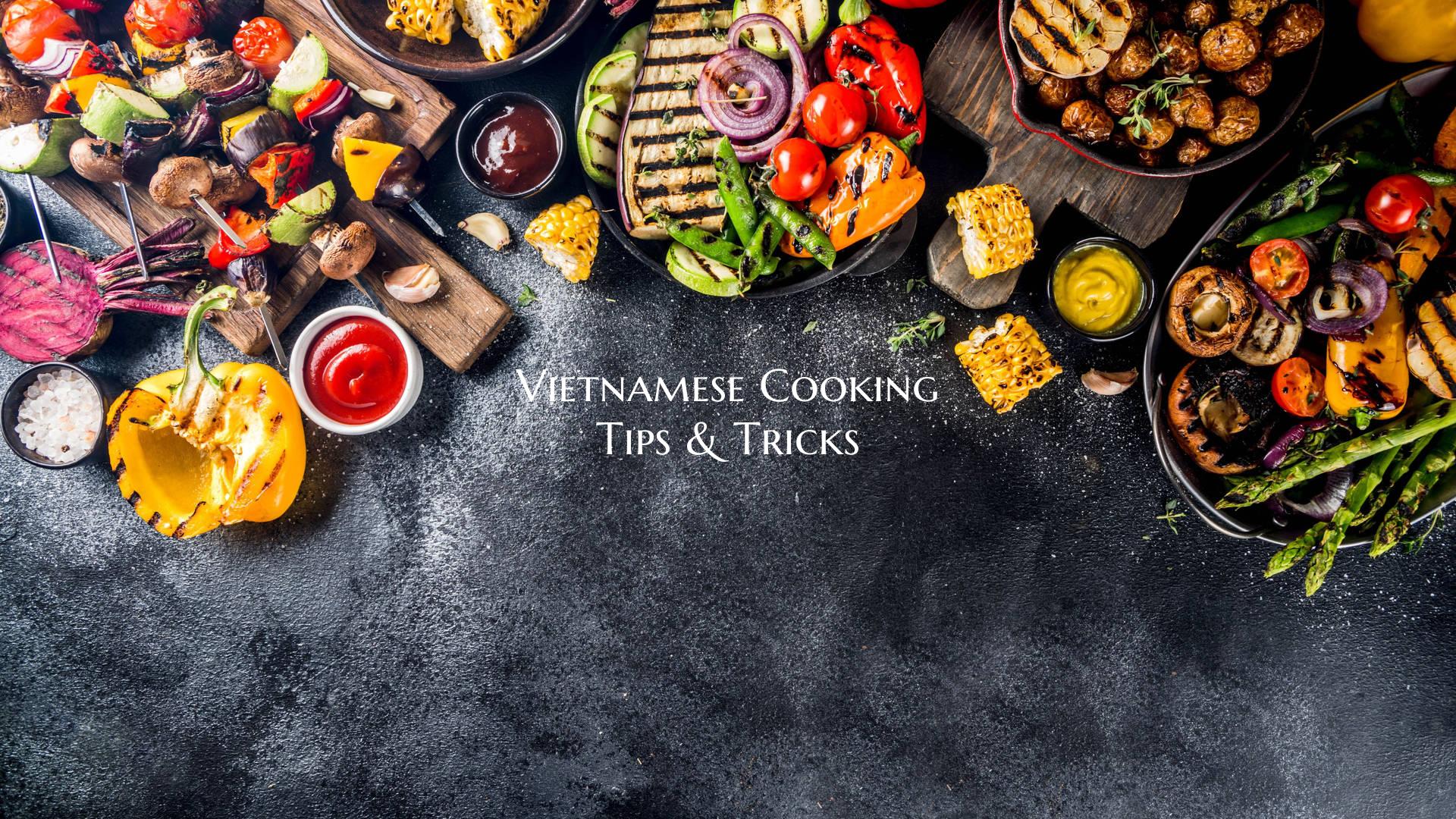
Vietnamese Cooking Tips & Tricks
Vietnamese cuisine is known for its vibrant flavors, fresh ingredients, and unique culinary techniques. Whether you are a seasoned chef or just starting out in the kitchen, mastering Vietnamese cooking can be an exciting and rewarding experience. Here are some valuable tips and tricks to help you elevate your Vietnamese cooking skills:
1. Fresh Ingredients: One of the key elements of Vietnamese cuisine is the use of fresh herbs, vegetables, and spices. Be sure to source high-quality and authentic ingredients such as Thai basil, cilantro, lemongrass, and fish sauce for an authentic flavor profile.
2. Master the Basics: Understanding the fundamental techniques in Vietnamese cooking, such as stir-frying, steaming, and braising, is essential. Practice these cooking methods to enhance the flavors of your dishes.
3. Balance of Flavors: Vietnamese cuisine is all about achieving a harmonious balance of flavors - sweet, salty, sour, bitter, and umami. Experiment with different combinations of ingredients to create a well-rounded and delicious dish.
4. Properly Prepare Ingredients: Taking the time to properly prepare ingredients, such as marinating meats, soaking rice noodles, and mincing garlic and ginger, will enhance the overall taste and texture of your Vietnamese dishes.
5. Embrace Umami: Umami-rich ingredients like fish sauce, shrimp paste, and fermented soybean products are commonly used in Vietnamese cooking to add depth and complexity to dishes. Don't be afraid to experiment with these savory flavors.
6. Garnish with Fresh Herbs: Vietnamese dishes are often garnished with an abundance of fresh herbs like mint, cilantro, and Thai basil. Adding these herbs as a finishing touch will brighten up your dish and provide a burst of freshness.
7. Control Heat: Vietnamese cuisine typically uses a range of heat levels, from mild to spicy. Adjust the amount of chili peppers or spicy condiments to suit your personal preference but be mindful of the balance of flavors.
8. Invest in Good Cookware: Having the right tools and cookware, such as a wok, steamer, and mortar and pestle, can greatly enhance your Vietnamese cooking experience and help you achieve authentic flavors.
9. Practice Patience: Many Vietnamese dishes require slow cooking methods and intricate preparation techniques. Take your time to allow the flavors to develop fully and pay attention to detail for outstanding results.
10. Get Creative: While it's important to respect traditional Vietnamese recipes, don't be afraid to get creative and put your own twist on classic dishes. Experiment with different ingredients and flavor combinations to create unique and delicious Vietnamese-inspired meals.
By incorporating these tips and tricks into your Vietnamese cooking repertoire, you can unlock the secrets of this rich and flavorful cuisine and create memorable dining experiences for yourself and your loved ones. Happy cooking!
